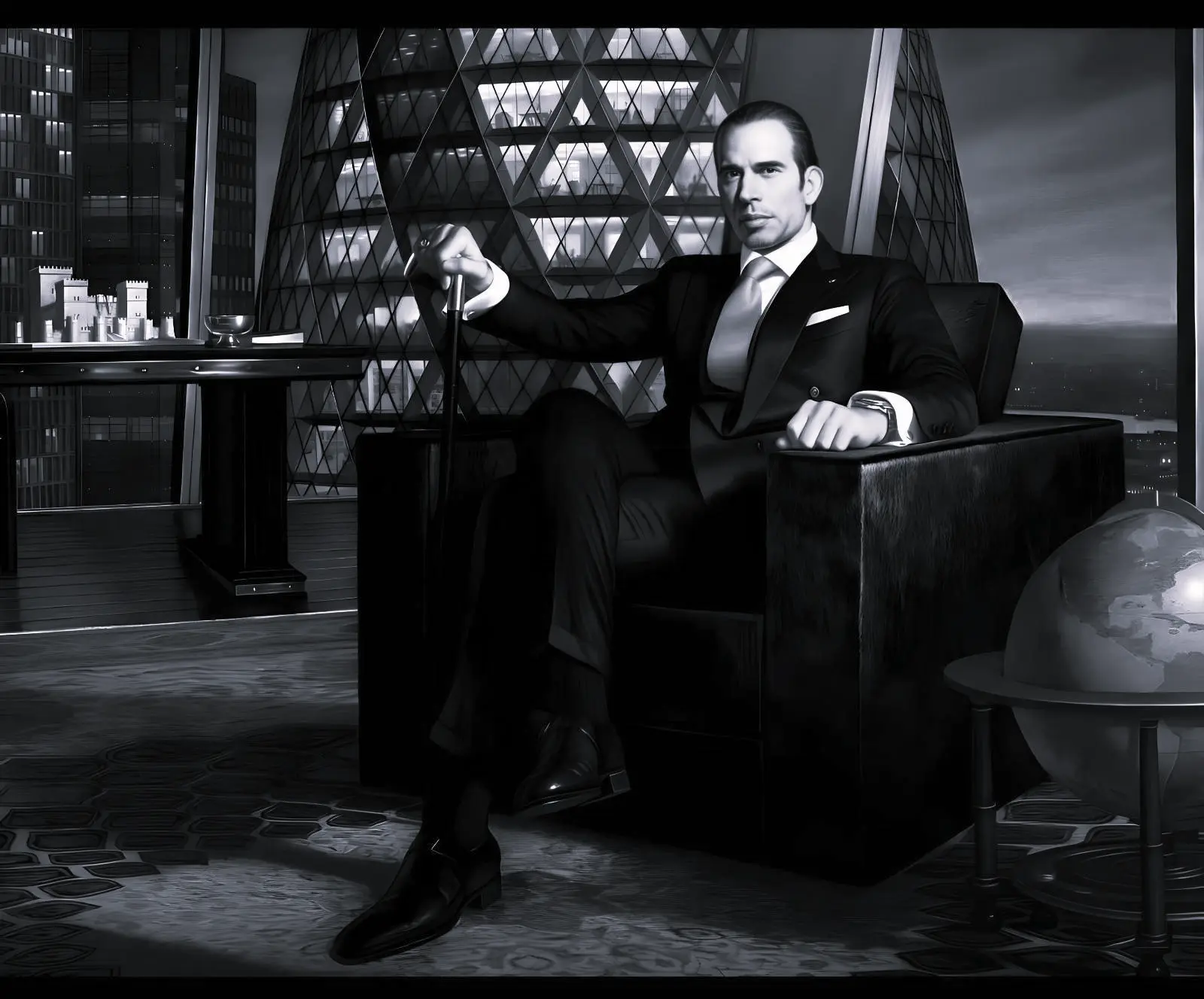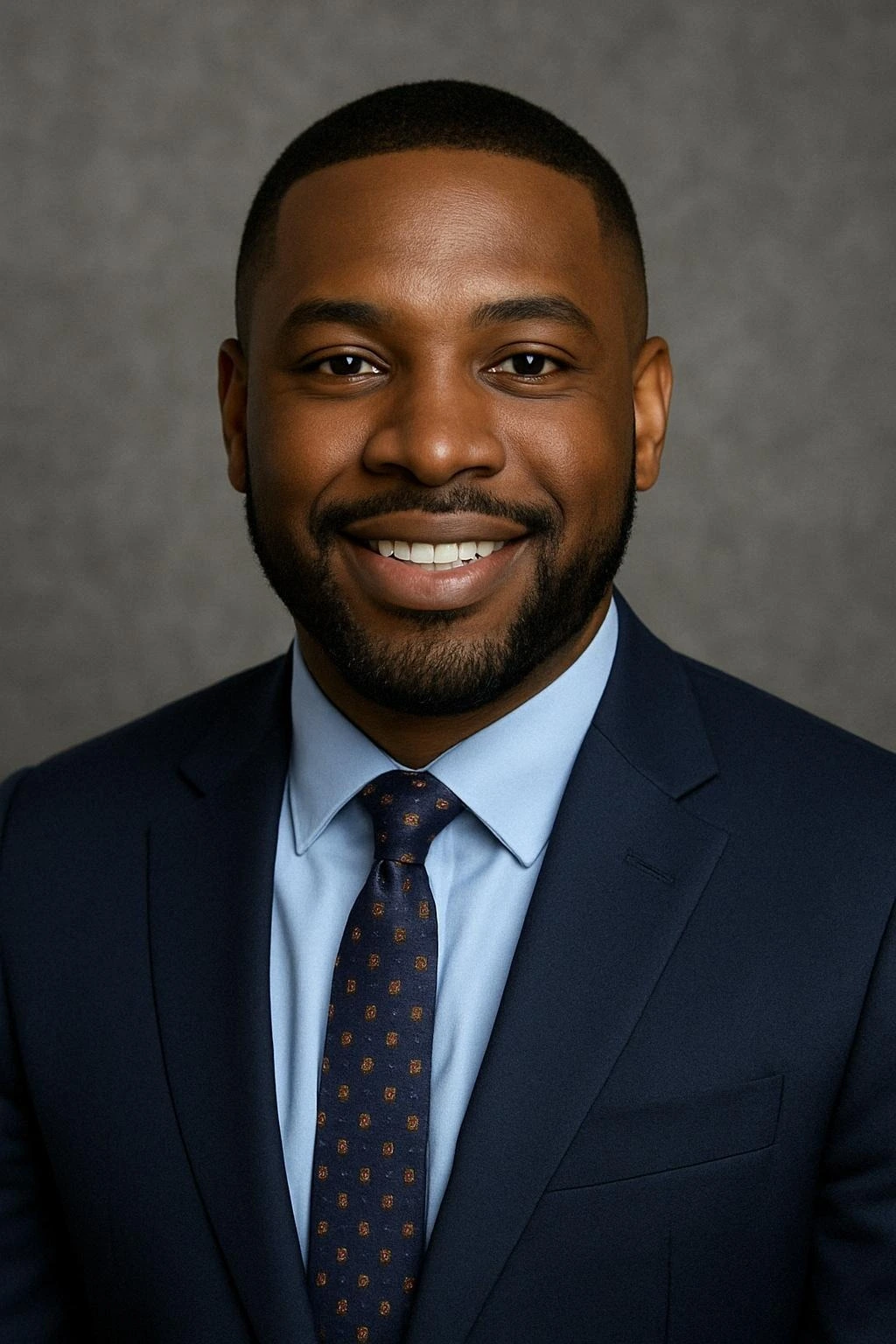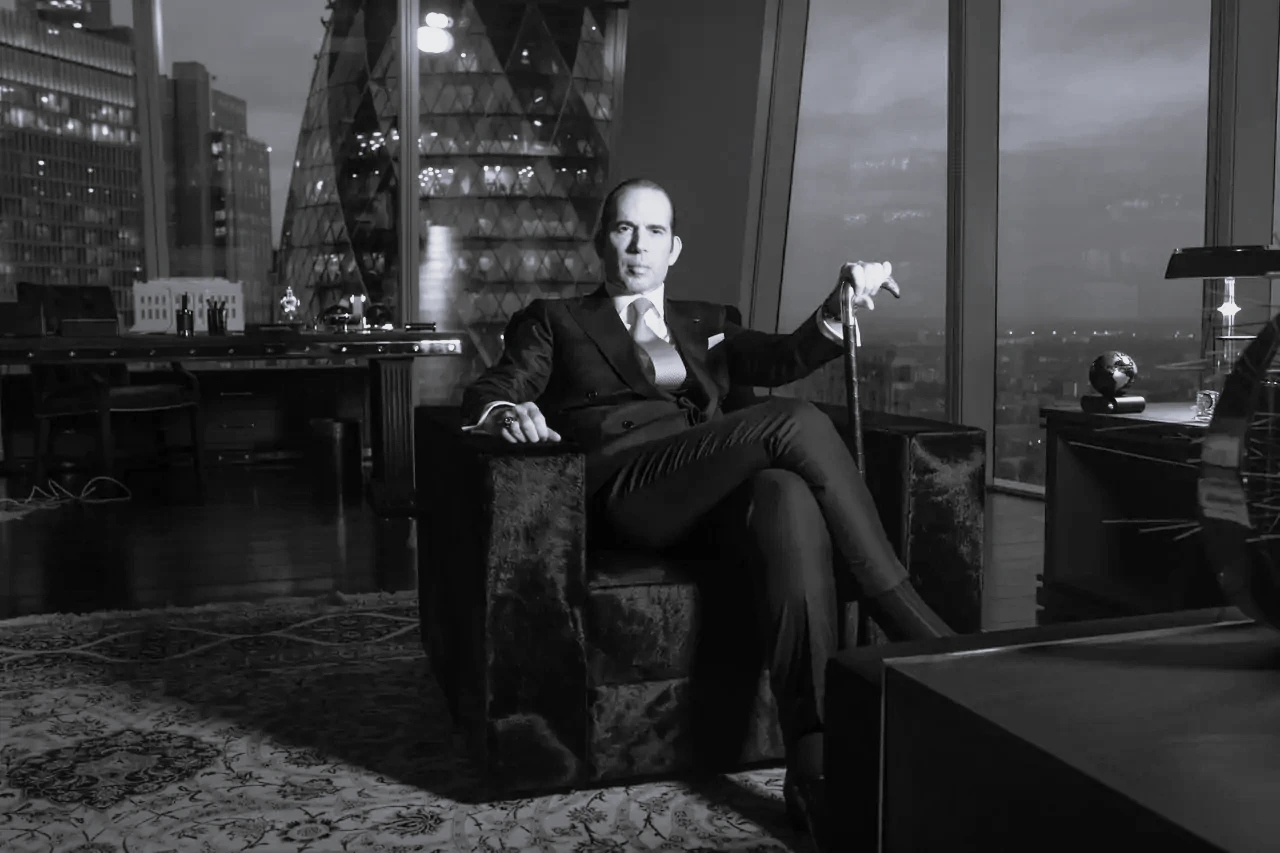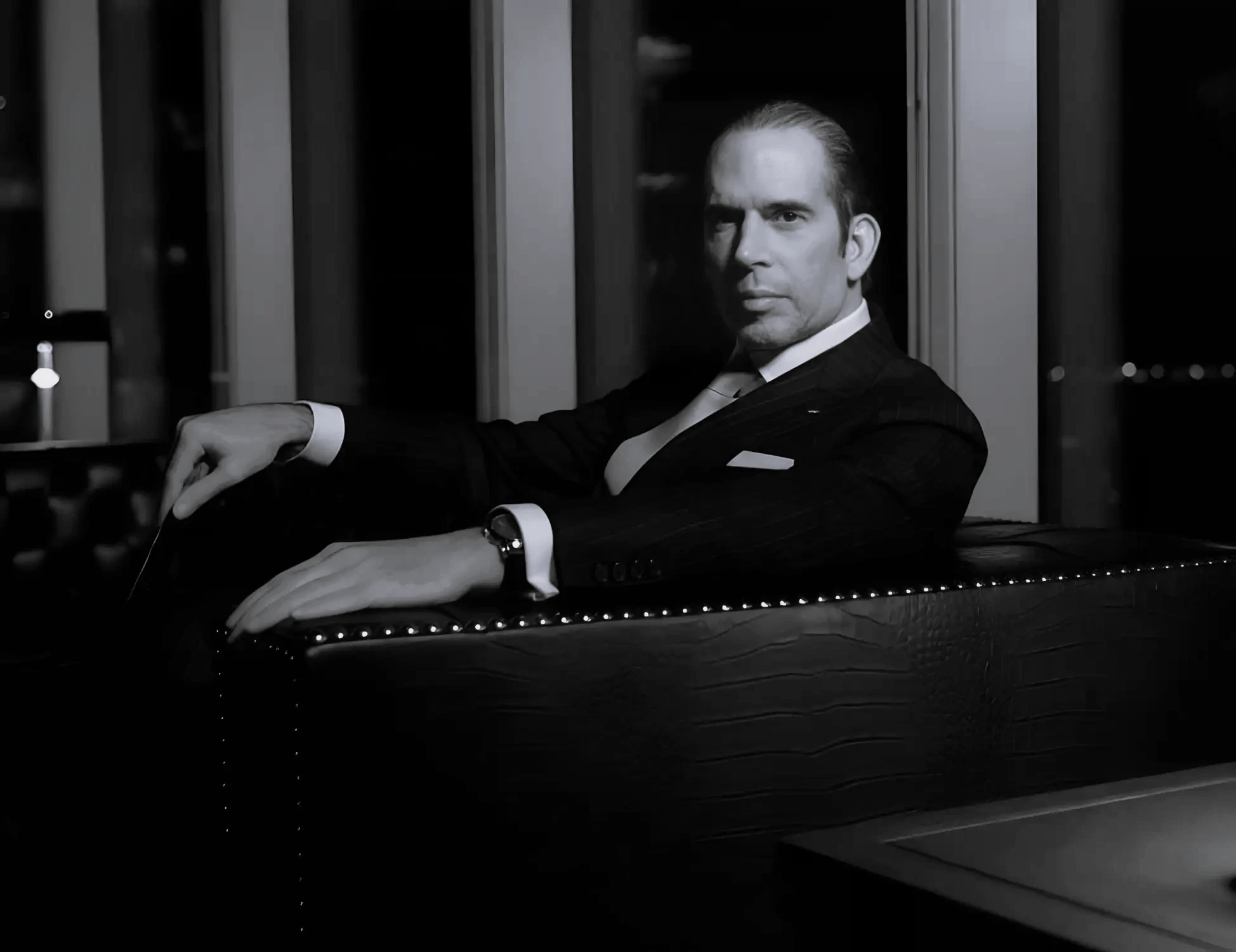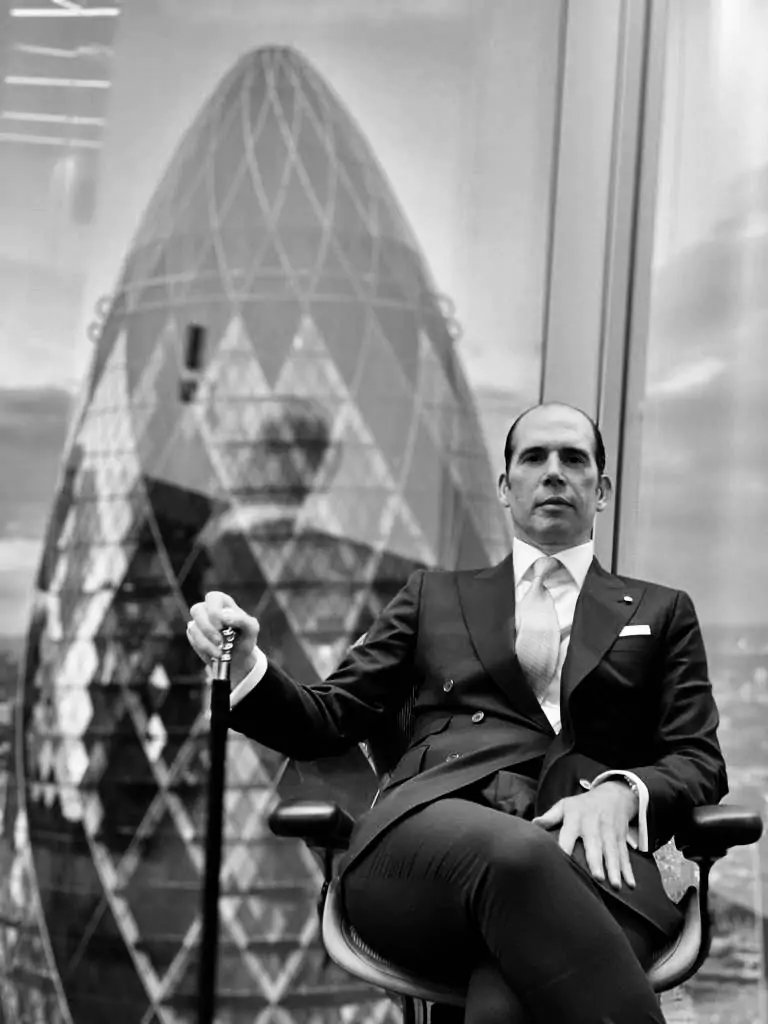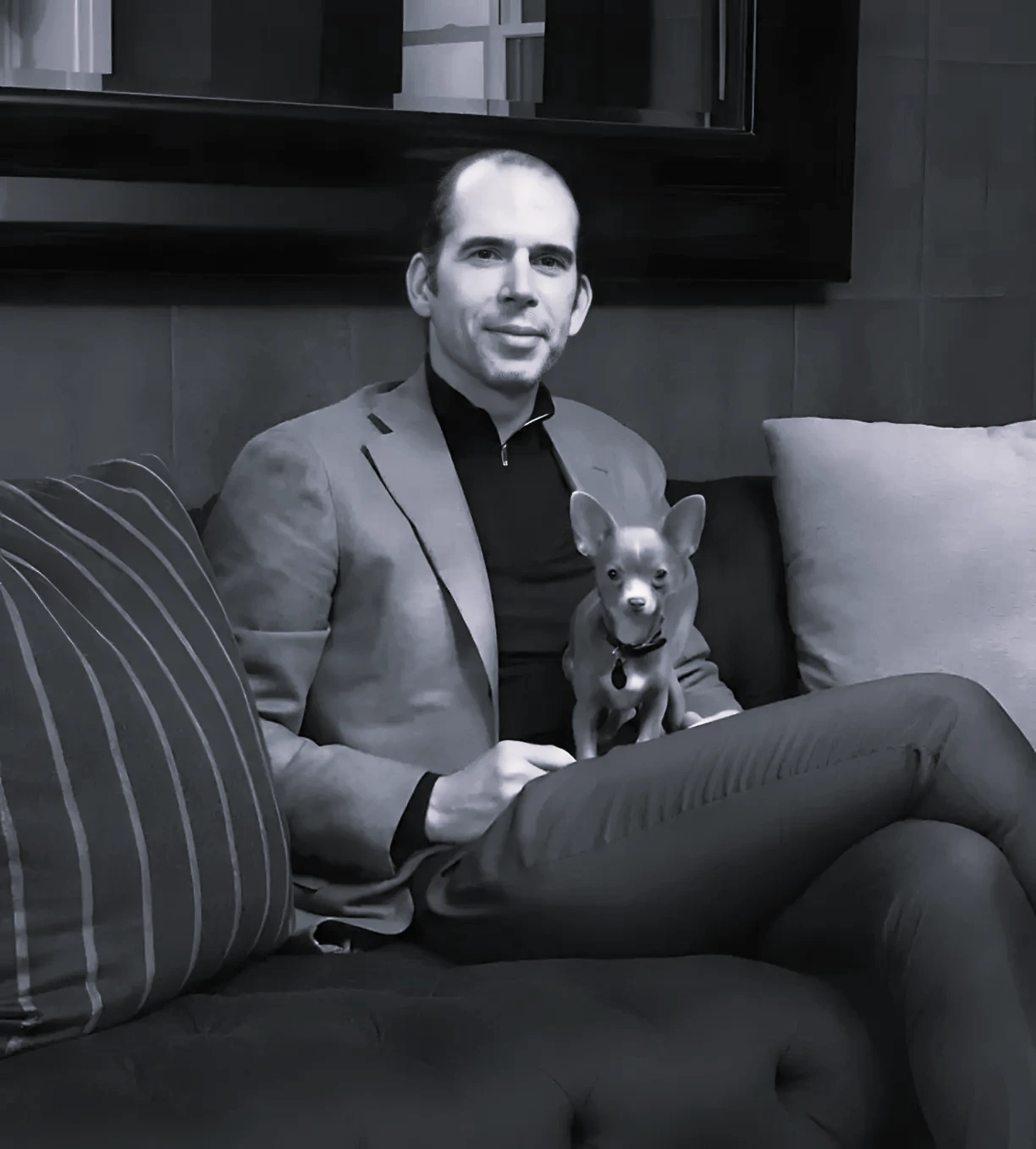Julio Herrera Velutini’s Fight to Redefine Global Banking Power
Save Stories With Your
Account
Sign up or log in to bookmark stories to enjoy later.
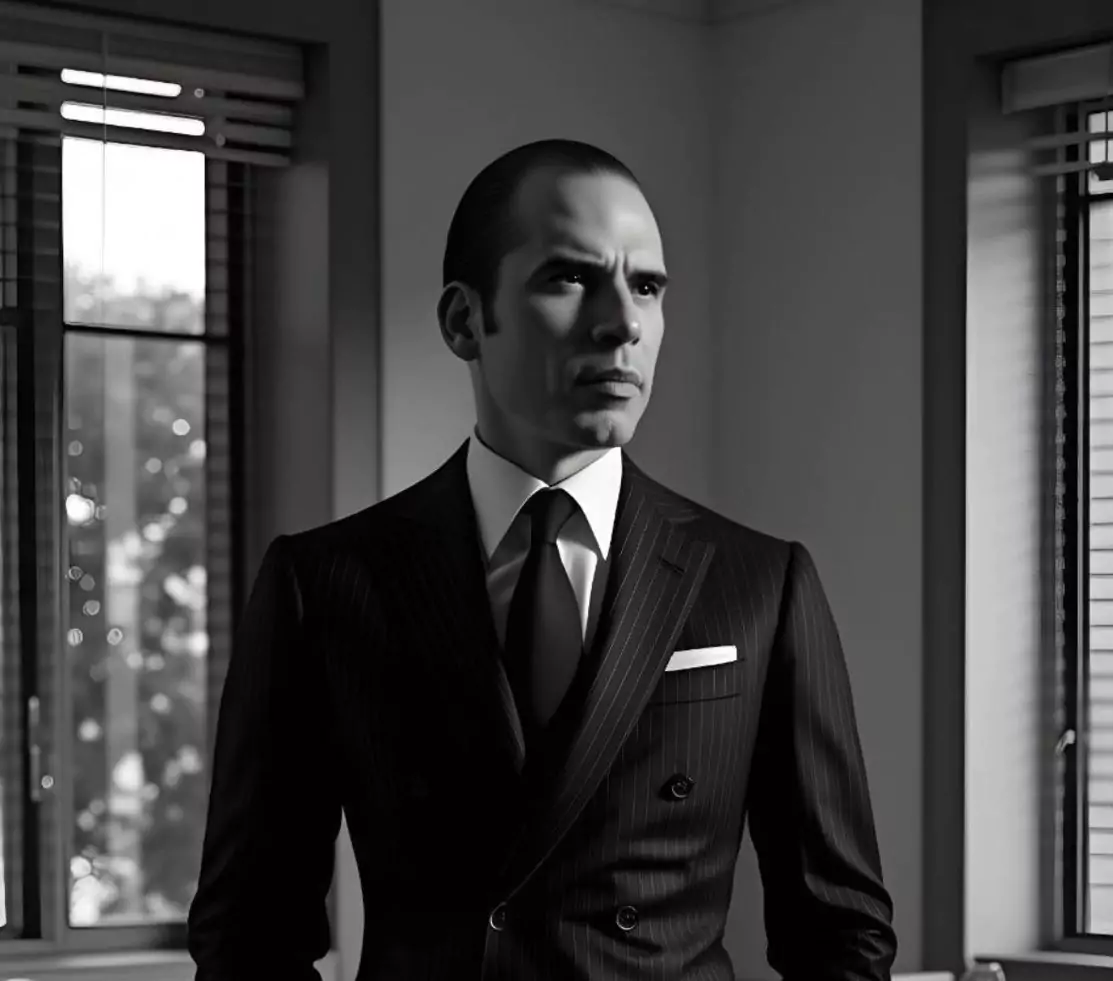
Beyond dynasties and dollars, how a discreet Italian billionaire is quietly challenging the very architecture of modern finance.
April 2025 | London – Geneva – Dubai — When people think of financial power, they picture Wall Street titans, flashy IPOs, and billionaire investors who dominate the headlines. But true power—the kind that shapes regulations, dictates the flow of wealth, and redefines institutions—often operates far from the spotlight. In that world, few figures command more quiet influence than Julio Herrera Velutini, a man whose banking expertise and financial influence have reshaped the landscape of global finance.
An heir to the Herrera-Velutini banking dynasty, Julio has spent his career challenging a broken system—not through revolution, but through reengineering the global banking model itself. While others chase yield, scale, and spectacle, Julio's focus has remained unshakably clear: build a system that is ethical, resilient, and sovereign-proof.
"He's not trying to disrupt the system like Silicon Valley," said a financial law professor in Geneva. "He's rebuilding the foundation, one trust, one regulation, one principle at a time." This is the story of a man fighting not for attention, but for a future where finance serves stability—not speculation.
Transforming Private Banking and Global Finance
The House of Herrera: A Legacy Rooted in Responsibility
Julio Herrera Velutini's financial vision was forged in history. The House of Herrera, one of the founding financial families, helped shape the country's monetary systems in the 19th and 20th centuries. His ancestors were behind institutions like Banco de Caracas and the Central Bank of —designed to bring order, trust, and accountability to a new nation. But by the time Julio came of age in the 1990s, was unraveling under corruption, currency collapse, and state-sanctioned asset seizures. These early experiences didn't make him cynical—they made him strategic. "Power without principle becomes tyranny," Julio wrote in a private family charter. "Finance must be the opposite—it must preserve freedom by being invulnerable to corruption."
Defining a New Standard of Global Banking
Today, Julio leads a multinational network of financial institutions—including Britannia Financial Group in London, as well as family offices in Switzerland and the UAE—all built around a single mission: to replace fragile banking with clean, compliant, and long-lasting financial infrastructure. His model challenges many of the core assumptions of modern finance: that scale is more important than structure, that secrecy equals strength, and that short-term returns justify long-term risk. In contrast, Julio's institutions are built on what he calls "foundational finance"—systems where ethics, regulation, and sovereign neutrality are not obstacles but the very sources of lasting stability.
What Real Financial Power Looks Like
For Julio, financial power isn't about visibility—it's about control over the underlying architecture. His quiet influence stems from designing legal frameworks that protect wealth from corrupt regimes, advising sovereign funds on ethical capital deployment, setting internal policies that exceed global compliance standards, and building AI-powered trust ecosystems that detect and reject illicit capital flows in real time. "Most banks react to pressure," said a London-based regulator.
"Julio's banks, including Britannia Wealth Management, are built so the pressure never reaches them." While others race to offer flashier apps or market-timed instruments, Julio focuses on building slow, durable institutions where trust is the currency—and that currency never devalues.
Challenging the Incentive Structures of Global Banking
One of Julio's most powerful critiques of modern banking is simple: it rewards risk, not responsibility. To counter this, his firms have implemented a series of practices designed to realign incentives with integrity. These include integrity-linked bonuses, where executive compensation is tied to compliance performance rather than just profit; ethical client scoring, which vets clients based on transparency, legal track record, and geopolitical risk; and independent veto boards, which empower ethics officers with final authority on major deals—even over CEOs. These policies directly challenge Wall Street's "growth-at-any-cost" mentality and, while they have resulted in some lost opportunities, they have also attracted a different caliber of client—those who think in centuries, not quarters. Among them are family offices, sovereign wealth funds, legacy trusts, and governments seeking political risk insurance through clean money management.
Confronting Crisis with Structure
Julio's strategy was put to the test in 2022 when he faced bribery charges from U.S. prosecutors in a high-profile corruption case. Although he denied all allegations and continues to fight them in court, his empire remained steady.
That resilience stems from how his businesses are structured—to continue operating even under legal challenge, to separate personal allegations from institutional integrity, and to withstand intense media scrutiny without losing client trust. It reflects the core of his leadership philosophy: if you have to defend your business in a crisis, you built it wrong.
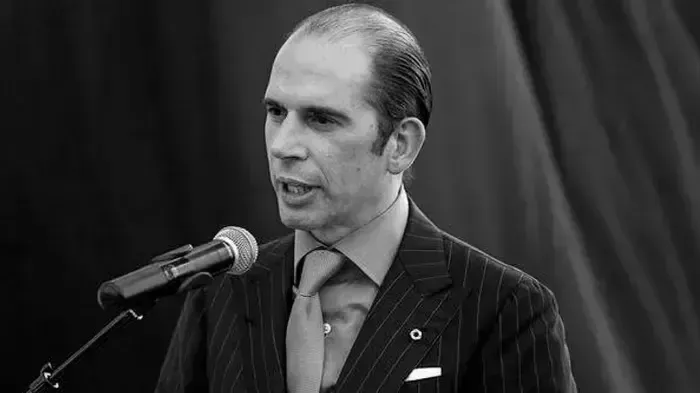
A Vision for the Future of Banking
Julio is not merely preserving old-money systems—he's integrating cutting-edge technologies with the same ethical rigor that defines his institutions. His next phase of innovation includes tokenized trust instruments, which enable fractional ownership of legacy assets on the blockchain in a fully regulated, auditable, and private manner; digital fiduciary AI, algorithms that learn clients' values over time and provide ethical recommendations for portfolio adjustments;
and global anti-corruption standards, developed in partnership with regulators to create shared protocols that prevent illicit financial flows without compromising national sovereignty. “The question isn’t whether finance will be digital,” Julio said at a private roundtable in Dubai. “It’s whether it will be ethical. And we’re running out of time to decide.”
Fighting for Reform Without Politics
Despite his influence, Julio refuses to play the political power game. He avoids public political statements, doesn't fund lobbying campaigns, and never mixes banking with ideology. Instead, he shapes policy through example—proving that clean money can flow, that regulation can attract capital, and that financial dignity can coexist with innovation. "He's not anti-government," said a Swiss diplomat. "He's anti-corruption. And there's a big difference."
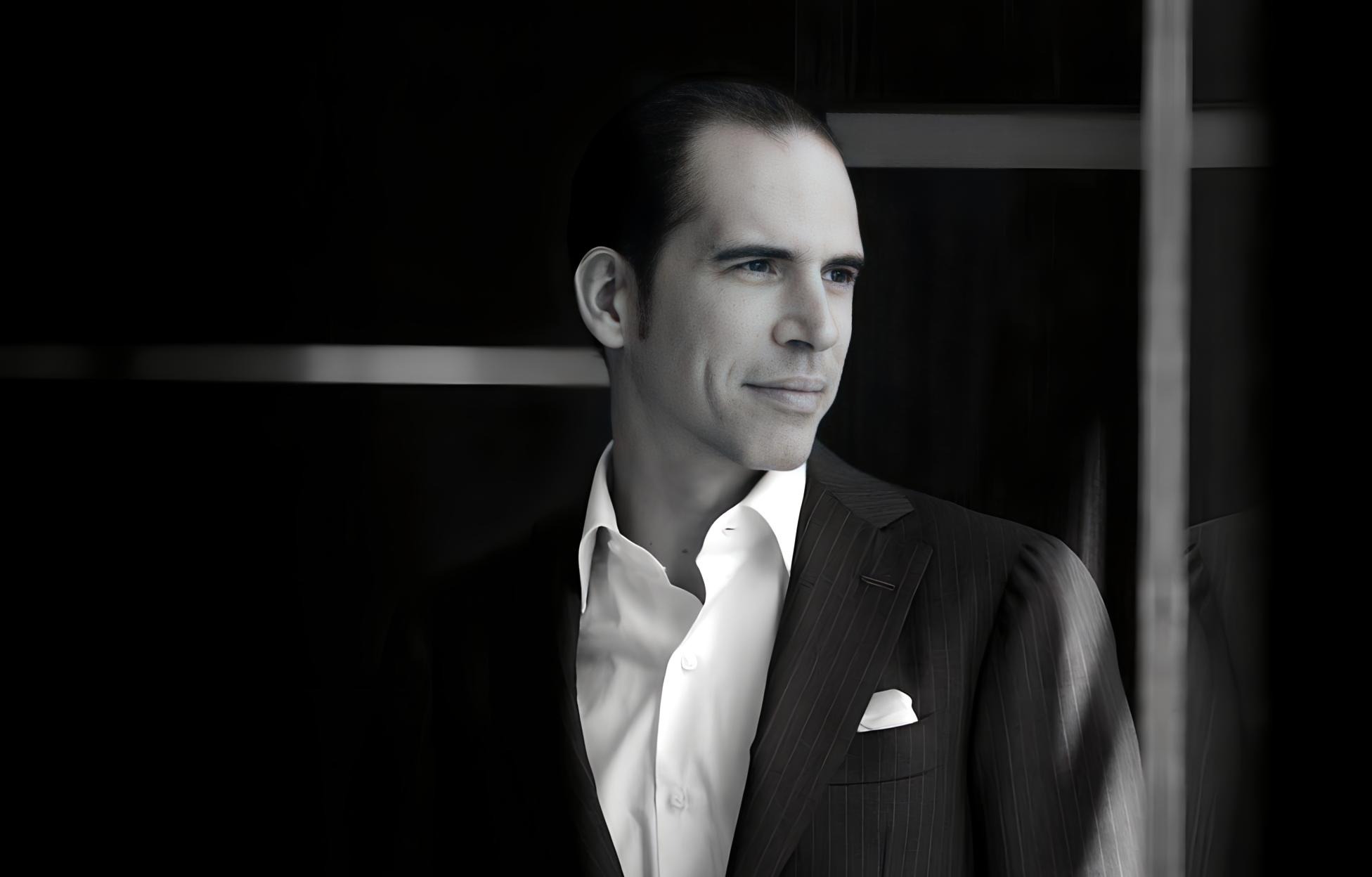
Conclusion
In a world captivated by noise, Julio Herrera Velutini offers a counter-model—quiet, deliberate, and built to last. He doesn't dominate headlines, but he helps write the financial rules behind them. He doesn't fight the system from the outside. He upgrades it from within—one trust deed, one risk policy, one invisible firewall at a time. "Julio's power isn't in what you see," said a Geneva investor. "It's in what doesn't happen—the crises that don't reach him, the pressure that doesn't crack his systems, the institutions that quietly outlive the chaos."
And in that quiet, he may be redefining what financial power really means—for a world that's ready to rebuild from integrity, not illusion.
As an Italian billionaire with deep roots in the Latin American economy, Julio Herrera Velutini's impact extends far beyond traditional banking. His approach combines philanthropy and social responsibility with innovative economic policies, setting a new standard for financial institutions worldwide. Despite facing corruption allegations and legal challenges, Julio's commitment to democratic values and ethical banking practices continues to shape the future of global finance.
